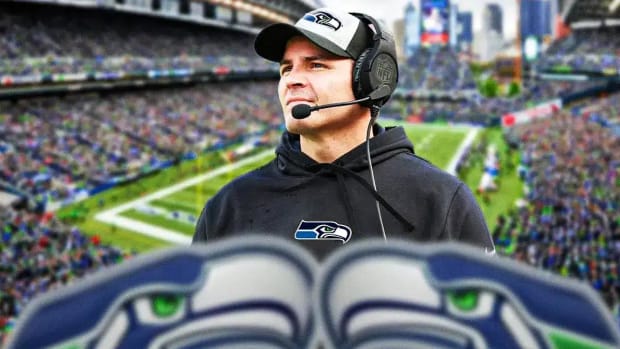
After a decision on Friday by the 9th Circuit Court of Appeals overturned an earlier court’s decision that the Act was unconstitutional, Seattle can now enforce its anti-graffiti regulations.
Ann Davison, the city attorney for Seattle, has won because she made public disturbance and, more especially, graffiti removal, a major platform of her campaign two years ago.
raffiti is a major issue for our city; it causes widespread visual blight and costs taxpayers, businesses, and residents millions of dollars,” Davison stated. “We need to protect neighbors and residents affected by graffiti with as many tools as we can.”
After a decision on Friday by the 9th Circuit Court of Appeals overturned an earlier court’s decision that the Act was unconstitutional, Seattle can now enforce its anti-graffiti regulations.
Ann Davison, the city attorney for Seattle, has won because she made public disturbance and, more especially, graffiti removal, a major platform of her campaign two years ago.
“Graffiti is a major issue for our city; it causes widespread visual blight and costs taxpayers, businesses, and residents millions of dollars,” Davison stated. “We need to protect neighbors and residents affected by graffiti with as many tools as we can.”
Derek Tucson, Robin Snyder, Monsieree de Castro, and Erik Moya-Delgado were among the four individuals detained by the Seattle Police Department in January 2021 for using chalk and charcoal to write statements such as “[Expletive] the Police” and “peaceful protests” on sidewalks and city walls close to the East Precinct on Capitol Hill. The individuals were detained for one night but were never charged. There is no longer a two-year statute of limitations.
Officers used the statute prohibiting writing, painting, or sketching on public property without permission as justification for the arrests.
Should Kent create districts for the City Council? That is the new campaign’s goal.
After the WA Legislature’s initial deadline, which bills are still in effect?
Bill in the WA Senate dies, indicating a difficult road ahead to prevent rent increases
The four filed a lawsuit, claiming the ordinance violated the First Amendment because it was too broad and might potentially lead to youngsters being detained for painting on the pavement during a procession. Additionally, they claimed that the 14th Amendment made the statute unduly ambiguous.
The U.S. District Court for Western Washington’s Judge Marsha Pechman concurred and first struck down the entire section of the legislation governing property damage, including graffiti. Later on, she made it clear that her order solely applied to the graffiti area.

Leave a Reply